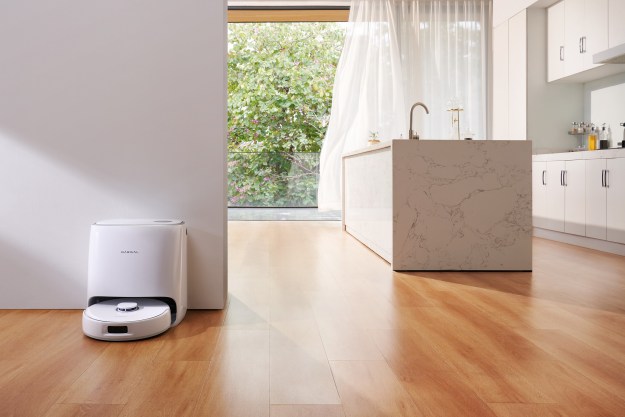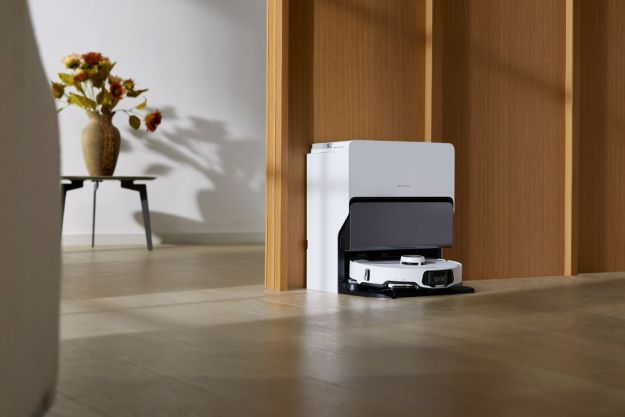Apple HomeKit and Google Home are two of the best smart home platforms around. HomeKit is tightly regulated by Apple, which allows it to offer a streamlined experience that works flawlessly with all products in its catalog. Google, meanwhile, offers more freedom — its catalog is much larger than HomeKit and developers are largely free to use the software as they see fit. Google Home also recently received a massive overhaul, making its app more user-friendly than ever before.
But is Google Home or Apple HomeKit the better smart home platform? From compatible smart home gadgets to required hubs, here’s a look at HomeKit and Google Home to help you decide which is best for your setup.
What is a smart home platform?
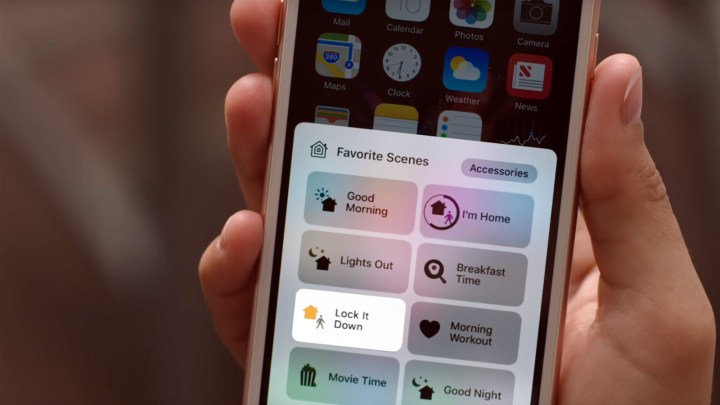
If you’re a bit fuzzy on what a smart home platform is, you’re not alone. They’re a fairly recent development in the tech world, but they provide you with surprising versatility. A smart home platform is what the rest of your smart home gadgets connect to — allowing you to issue commands to them remotely, sync their performance with other devices, or just check in on them without having to leave the couch.
All smart home platforms function in similar ways, but not all products (such as smart lights or thermostats) support all platforms. Matter is hoping to solve that issue in the future, but for now, picking a smart home platform is still a big decision.
Hub devices
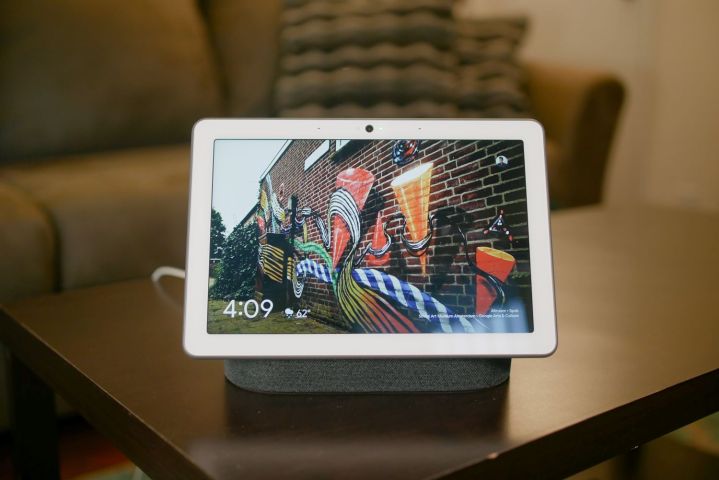
Most smart home platforms used to require a Hub device to control all the action. These essentially serve as the brains of the operation, receiving voice commands and issuing your orders to the corresponding devices. They often come in the shape of a smart display or smart speaker, and while you’ll probably want to pick one up for either the HomeKit and Google Home, they’re no longer required.
Google Home devices can all be controlled remotely using the Google Home smartphone app, and HomeKit devices can be controlled remotely through the HomeKit smartphone app. Of course, it’s highly recommended that you add a hub to your smart home (such as the Apple HomePod or Google Nest Hub Max), as these give you an easier way to communicate with your system.
Google has the advantage here, as Google Home supports a wide range of Hub devices from various manufacturers. HomeKit, meanwhile, is relegated to using a smaller pool of Hub devices — such as the HomePod or Apple TV 4K.
Winner: Google Home
Compatible devices

As was the case for Hub devices, the list of compatible devices (such as smart speakers, light bulbs, thermostats, and smart locks) that sync with Google Home is much longer than for HomeKit. Apple has locked down the HomeKit ecosystem tightly, and while that means all of the available HomeKit products integrate seamlessly with each other, it also means you have a much smaller catalog to pull from.
To get a better look at what smart home devices work with each platform, check out our roundups of the best Google Home devices and best HomeKit devices.
Winner: Google Home
Ease of use
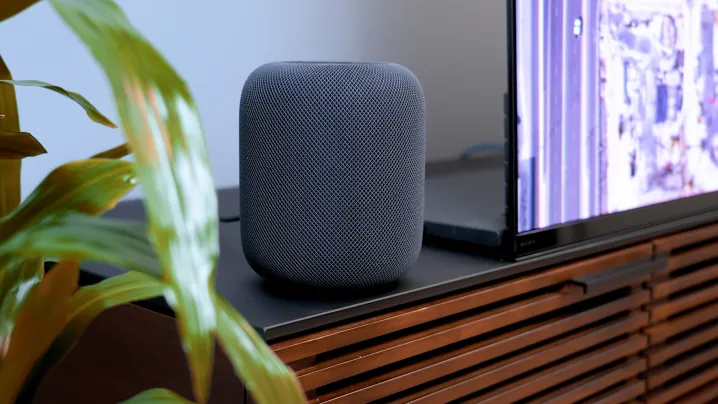
Both Google Home and HomeKit are intuitive and easy to use, thanks to their accompanying smartphone apps and easy access to voice commands. However, the HomeKit app is not readily available on Android. It works great with iOS products, but anyone using a Samsung Galaxy or Google Pixel device will want to look elsewhere for their smart home needs.
Winner: Google Home
Verdict
Because of its availability on both iOS and Android, a wide variety of compatible products, and tons of unique Hubs to drive the action, Google Home is the better smart home platform for most homeowners. Setting up a Google Home-powered smart home allows you the freedom to select products that work best for your needs (and budget), and its lineup of first-party products can often go toe-to-toe with those offered by Apple.
Conversely, if you’re an Apple loyalist and already own an iPhone, you might find HomeKit to be the better option. Its catalog of devices isn’t nearly as robust as Google Home’s, but what is available is high quality and typically among the best on the market. And because HomeKit is so tightly regulated by Apple, it might offer better security than Google Home — which allows dozens of third-party manufacturers with questionable privacy histories to use the platform.
At the end of the day, choosing HomeKit or Google Home comes down to personal preference. Most homes would be best served by Google Home and its gigantic catalog, but Apple enthusiasts will find much to love about HomeKit and its exclusivity.
Editors' Recommendations
- Roborock S8 MaxV Ultra vs. Ecovacs Deebot X2 Combo: Which premium robot vacuum is best?
- Blink Mini 2 vs. Ring Stick Up Cam Pro: Which is the best security camera?
- Ring Battery Doorbell Pro vs. Aqara G4: Which is the better video doorbell?
- Go smart or go home: Amazon’s Echo Show 8 smart display is $50 off
- Roborock S8 MaxV Ultra vs. Roborock S8 Max Ultra: Which is the better robot vacuum?


